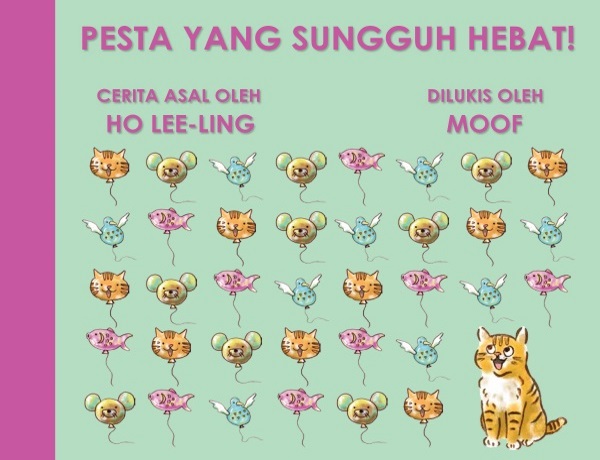Home >
Nurturing Early Learners >
Values, Social and Emotional Competencies, Learning Dispositions >
Learning Dispositions >
Appreciation
Appreciation
What is appreciation?
Appreciation is the ability to work as a team and learn from all as you recognise that everyone has ideas to contribute. Some child-friendly slogans are:
- Respect everyone
- Value what others say
- Learn from all
Why is appreciation important?
Appreciation helps children to listen to the views of others and value their contributions.
How can you nurture appreciation in your children?
How might children demonstrate appreciation?
Here are some examples of how children might demonstrate appreciation through their actions, speech and behaviour:
- Listen to the views of others respectfully.
- Invite their friends to share ideas.
- Consider ideas and views of others in solving a problem.
Local story
The Best Party Ever! By Ho Lee-Ling (2011)
The main character in the story demonstrated appreciation when he respected his friends, valued what they said and learnt from them as they planned a party together. Use this story to guide children through the process of recognising and valuing the disposition of appreciation!
1. Introduce the story
Introduce the story of the main character's experience of planning a party with friends and how he demonstrated appreciation.
2. Discuss
Engage children in a discussion about the main character's actions during the process of planning the party.
3. Identify appreciation
Encourage children to identify and recognise the learning disposition of appreciation demonstrated by the main character in the story.
4. Value appreciation
Discuss the importance of appreciation and how it can positively impact relationships and teamwork, and encourage children to appreciate and value this disposition.
5. Relate to children’s personal experiences
Encourage children to share their own experiences of appreciation and how it has helped them in their interactions with others.
Download the book and accompanying teacher’s guide in English, Chinese, Malay and Tamil.
 |
 |
 |
 |
Resources
- Inventiveness
- VSLD: How can you do it?
- Printable: PRAISE Learning Dispositions
- Educators’ Guide for Values, Social and Emotional Competencies and Learning Dispositions
- Activity ideas which showcase learning dispositions
